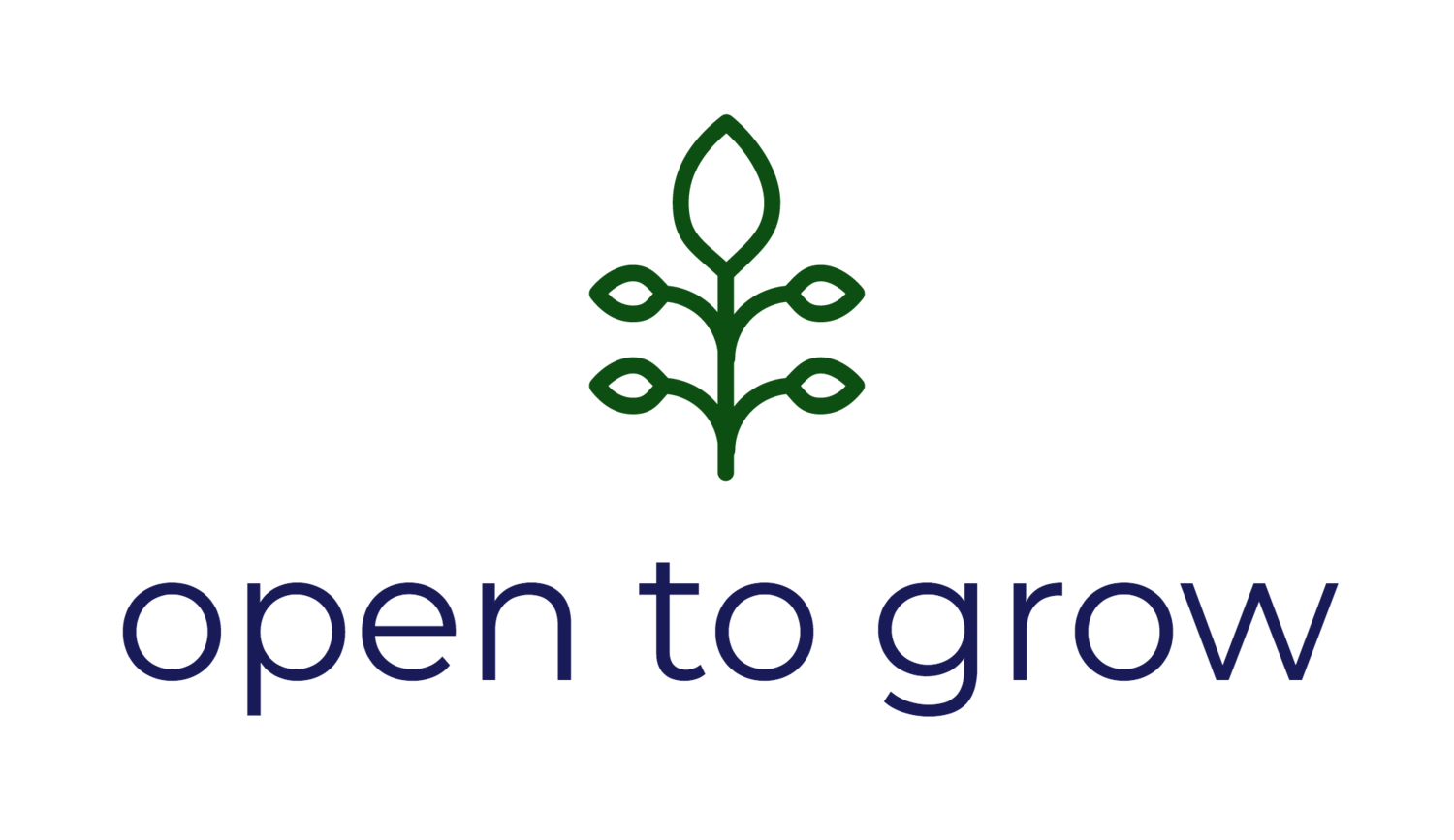The Peer Garden
/Photo by Annie Spratt on Unsplash
I see some things, and hold a few opinions that appear to be backed up by others, in the form or quotes, anecdotes, clichés, or random musings.
One is that we are differentiated, and that our lives have meaning only through what we think; specifically what we think that is different from what others think. This idea feels funny to me because of the sheer obviousness and the sense of ego it invokes. For me, the sense of ego in my writing is stronger than in anything else I do.
It took me a very long time to publish anything as an adult. The paradox: one of the first ‘awards’ or recognition I remember as a very young child (perhaps 8) was winning a local Lions Club (or was it Rotary?) essay award. My memory also has me reading the essay to said club in exchange for a trophy. (I also received trophies for tap dancing, but I recognised even at that age that I was far more likely to receive future accolades for my intellect than my dancing.)
One of the benefits of being in one’s 6th decade is this amazing sense of pattern recognition in a way that was never possible prior, simply because of the (more) limited number of patterns of life experience available to me. Patterns in my own experience, and patterns I perceive (or project) that I see in others.
The pattern related to writing is this: I’m afraid to say what I think. (also known as ‘The Resistance’, popularised by Steven Pressfield in books like ‘The War of Art’.)
I resist that metaphor because he talks and writes about it as a battle, where perhaps I see it more as a surrender, but not the good kind of surrender — a surrender to fear. The ego, the fear, the ‘I’m not good enough’ or the ‘why would I kid myself that anyone would care about what I think or have to say’? down to ‘it feels shitty to be embarassed’ or event the super dramatic version ‘I will be rejected by my species’.
But ideas come from somewhere. They are filtered down through the sediment of our existence, that unique existence that we have in ones. The literal impossibility of objectivity — no one has your exact experience, and even if we had the same parents and all the same teachers and read all the same books, we wouldn’t be the same. We have different friends; and our eyes see different things.
I want to hear what you see.
I want to choose whether it’s something I want; I don’t want you to choose for me whether you publish or not. I am selfish — and I don’t want you choosing for me.
I’m putting it out there that at least half of what you have ever read or listened to or looked at was made by someone who felt like they weren’t good enough, or that no one would want to read listen or look at what they made. Biography is littered with these stories! The sense of humility is an accompanying paradox — is it more humble not to say anything, or put something out there with it not needing to be seen by anyone, but that the act itself is sacrifice. Don’t worry, no esoteric religious metaphor on sacrifice here.
You arrived here to publish — that’s what the invitation that you responded to said — you pay by publishing. We’ve created super loose parameters. I have mixed thoughts about collective purpose in that we are not a community yet, and my opinion is that a particular value set (overlapping, not identical) brought us together. Would it be OK if I said my view is that our collective purpose is to see what happens? What grows?

